Low water pressure impacts the effectiveness of various plumbing fixtures, including showerheads, sinks, toilets, and dishwashers. Understanding what causes low water pressure is the first step to finding a successful solution. In this blog, we’ll explore the common reasons and how to fix it.
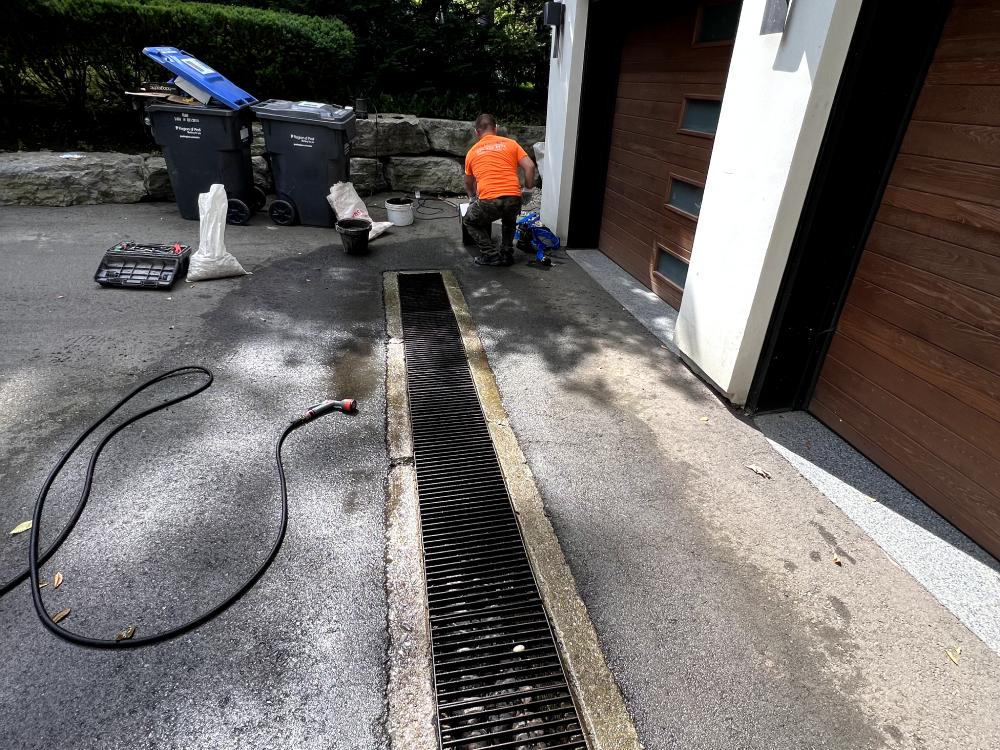
Buildup of Debris in Pipes as a reason of the low water pressure
Debris such as hard water, food, dirt, grease, and foreign objects can clog your drains and water pipes, obstructing water flow and decreasing your water pressure. This buildup can be a result of extended use or physical problems, such as fractured water mains.
Aside from the water pipes and drains, your faucets, showerheads, and dishwasher hoses can also become blocked. Try to remove any blockage and clean the pipe with proper drain cleaning solution.
Clogged or Corroded Water Lines can cause the low water pressure
When pipes are corroded with limescale or other mineral buildup, the water’s pathway becomes narrower, restricting the flow of water and lower the water pressure. Corrosion typically affects galvanized steel pipes after 20 years, copper pipes over the course of 50 years, and brass pipes within the span of 40 to 70 years.
Untreated corroded pipes can develop holes and produce leaks. In these cases, to fix the low water pressure, you might need a water line upgrade or waterline replacement.
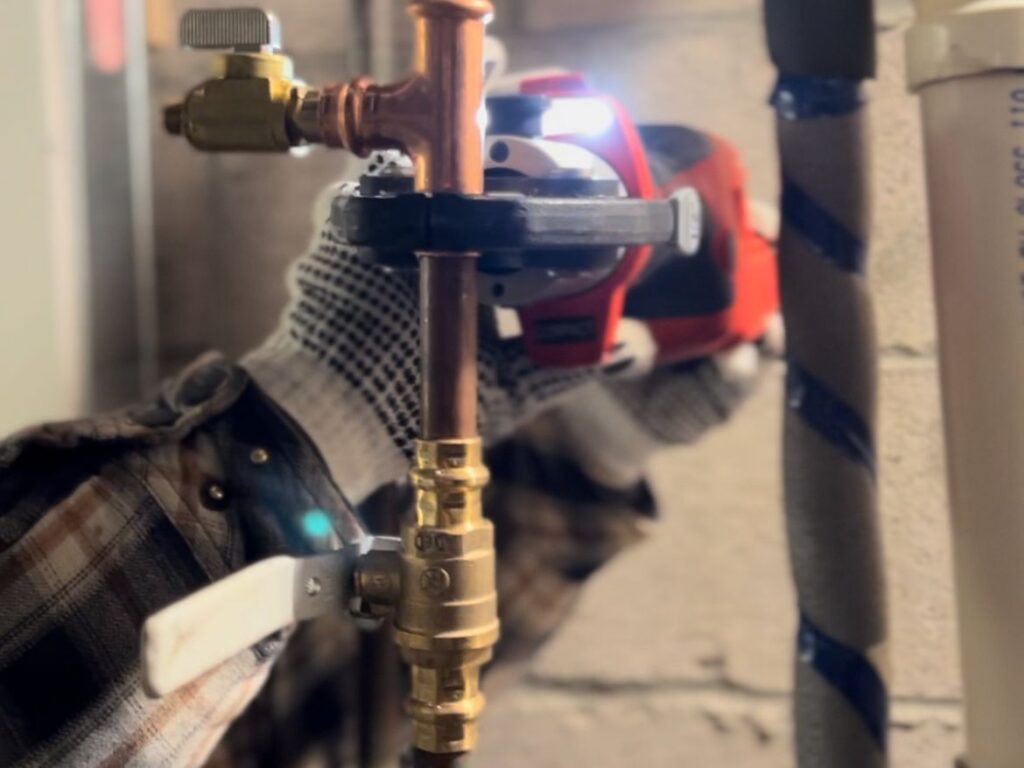
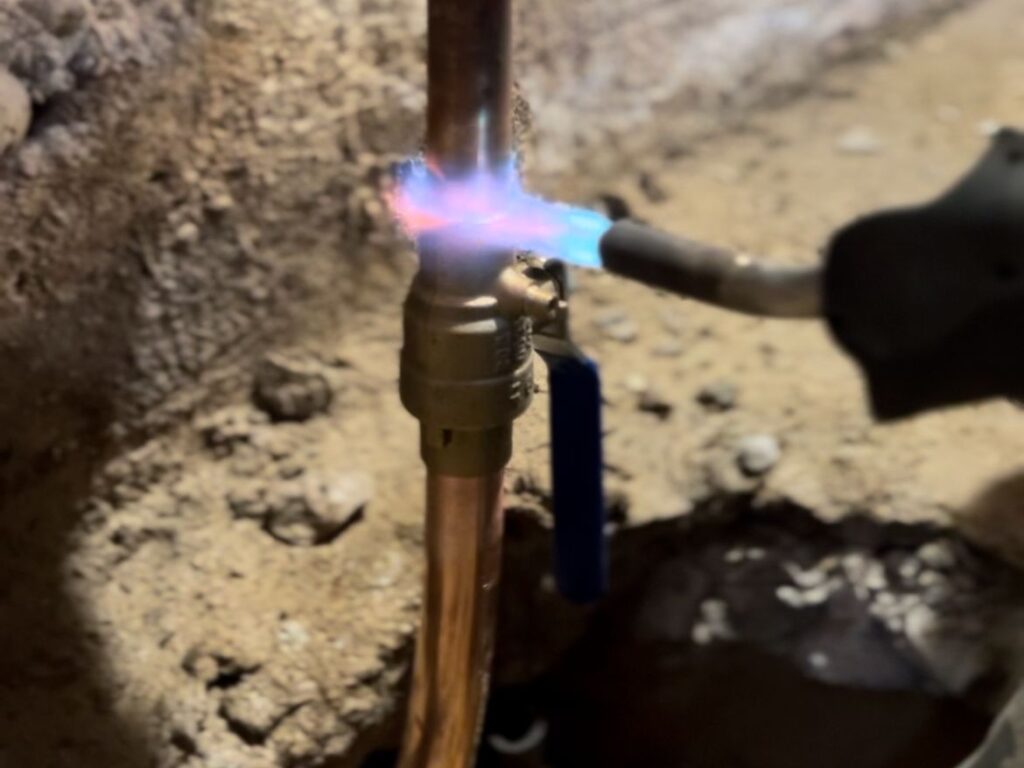
Issue with Water Shutoff Valve
Water shutoff valves control the flow of water that enters your home. If the valve is closed, you’ll have no water pressure. If it’s partially open, the water pressure will be low. Different valves, including ball, lever, wheel, and gate valves, have their own distinct way of opening.
Once opened, look for any blockage, mineral buildup or visible damage. Try cleaning and draining the valve for any remaining water. If this doesn’t solve the issue, you may need to replace the valve.
Issue with Water Meter Valve
In addition to water shutoff valves, there are also water meter valves. Similarly to a shutoff valve, if the meter valve is partially open or fully closed, you will encounter water pressure issues.
Water meters are typically located beside the main valve. Other than cleaning the valve, do not attempt any repairs without contacting your utility provider.
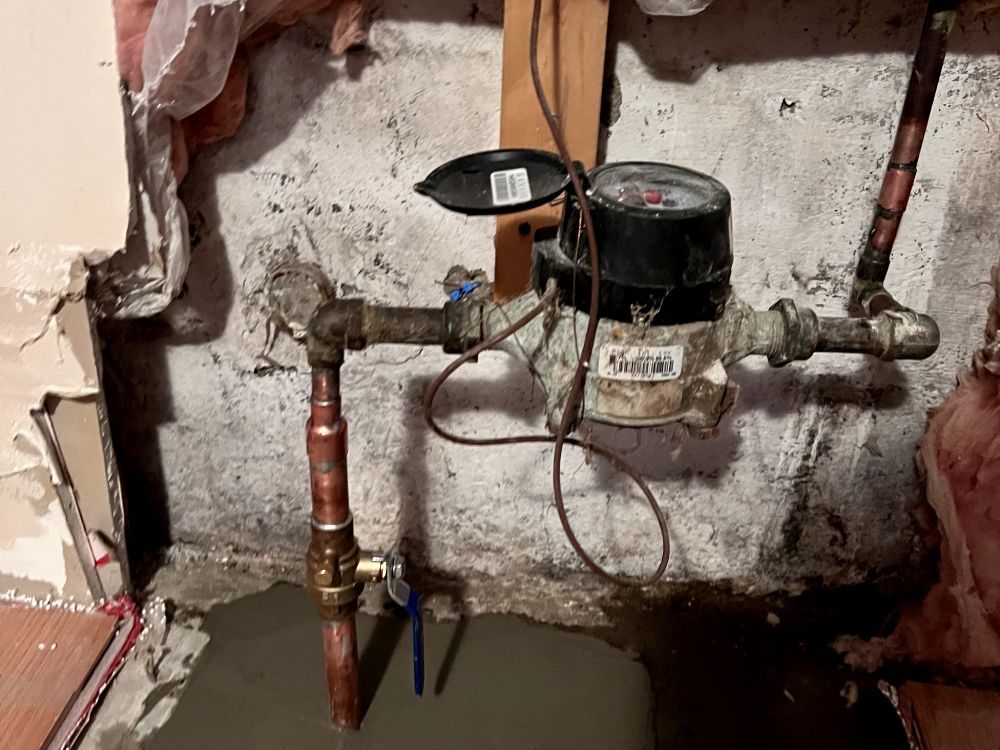
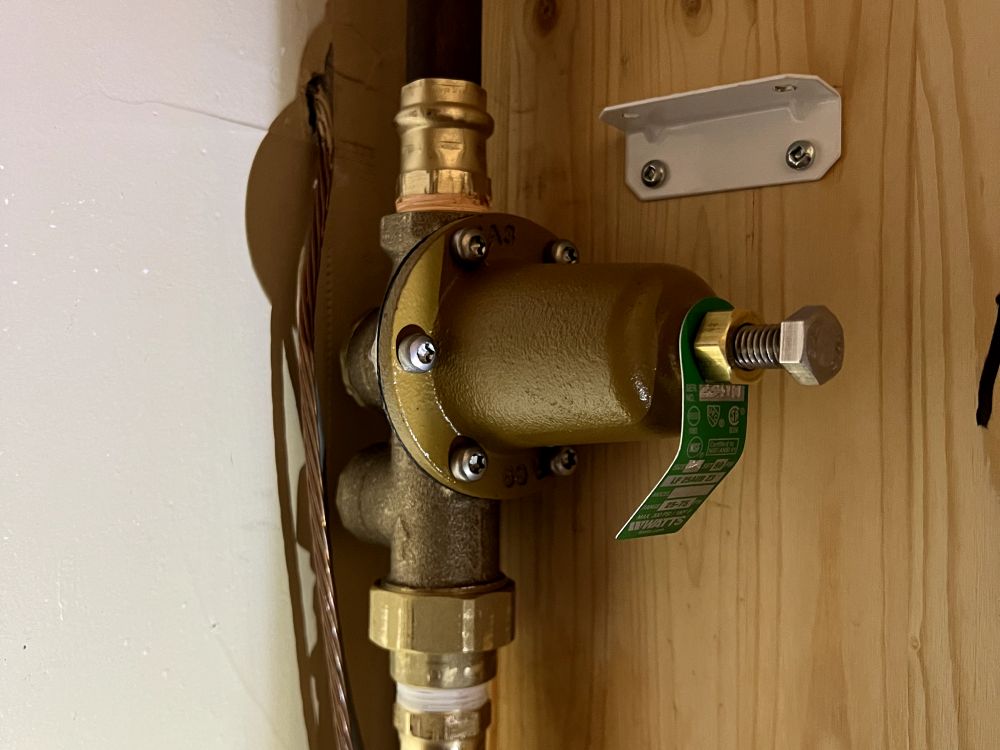
Faulty Pressure Regulator
Some homes have water pressure tanks. These tanks use compressed air to store water under pressure. Water pressure problems can occur if the tank’s pressure regulator is malfunctioning or failing.
Alternatively, the regulator could also be set incorrectly, leading to low or high water pressure. While you can often make regulator adjustments yourself, a professional plumber is required for faulty pressure regulator replacements.
Plumbing Leak
Low water pressure can be caused by leaking pipes. Leaks need to be addressed immediately as they can lead to even bigger problems, including water damage, rot, and mould or mildew growth.
These issues can worsen if left untreated, as prolonged water damage may cause structural problems as well. If you can’t locate the leak, contact a plumber for plumbing repair.
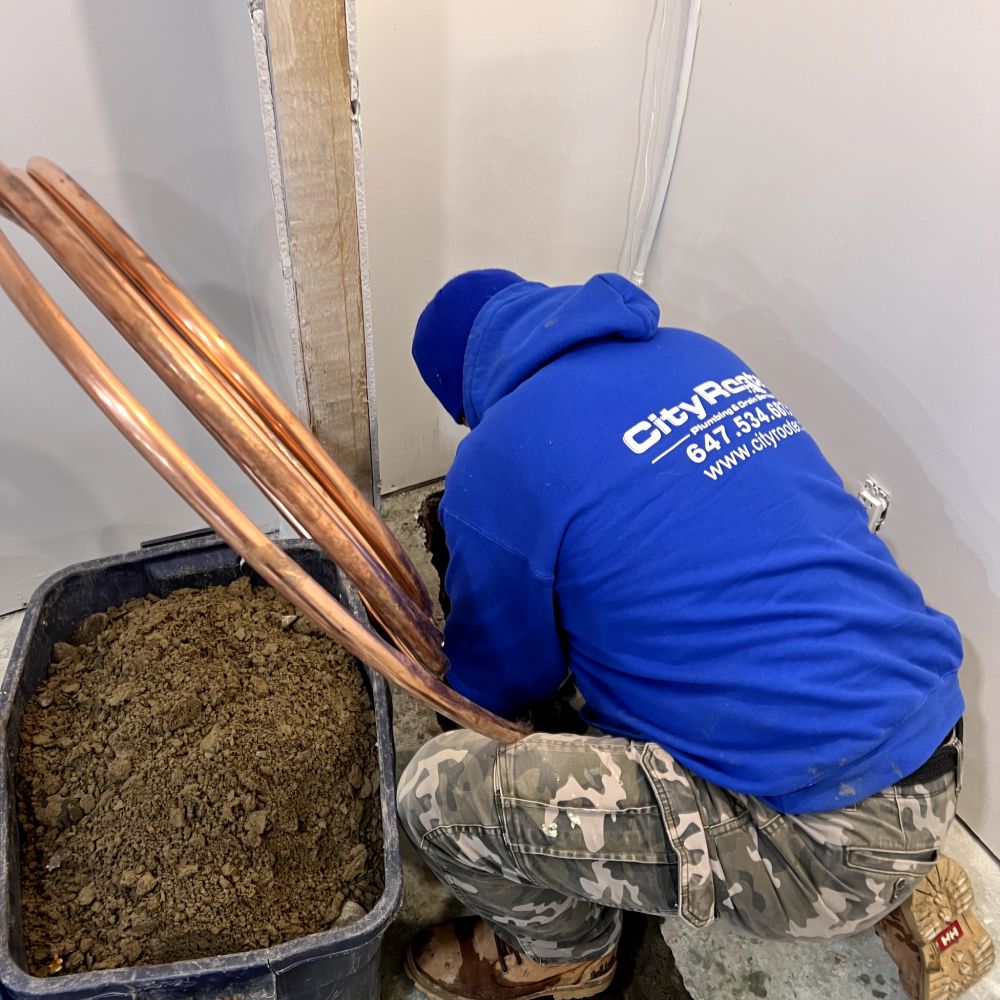
Solve Your Low Water Pressure Issues Today
Don’t suffer through low water pressure. Call a professional to provide improvements, expert plumbing repairs, and efficient replacements. Contact City Rooter to inquire about our prompt water and emergency plumbing services to enhance the low water pressure in your GTA home today.
